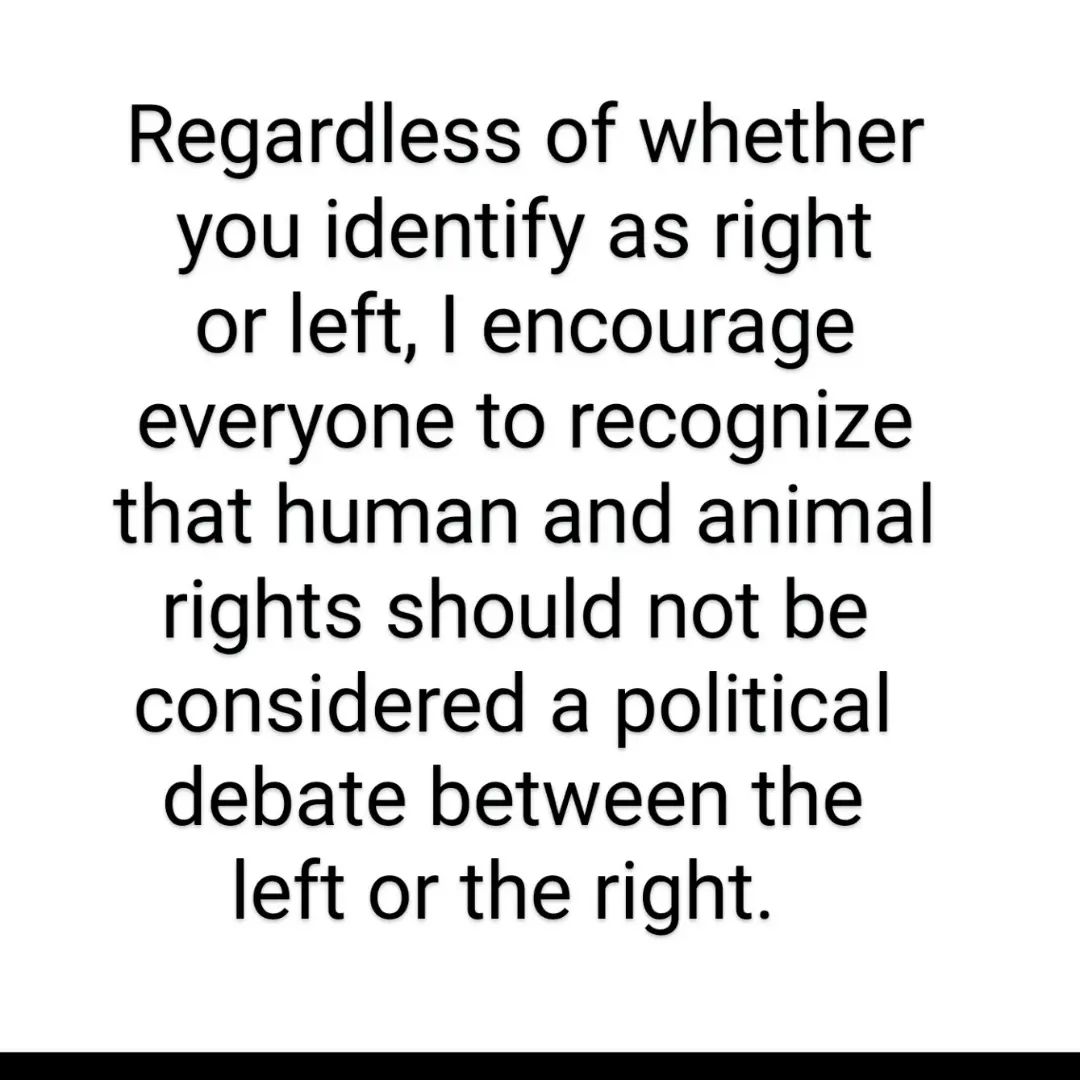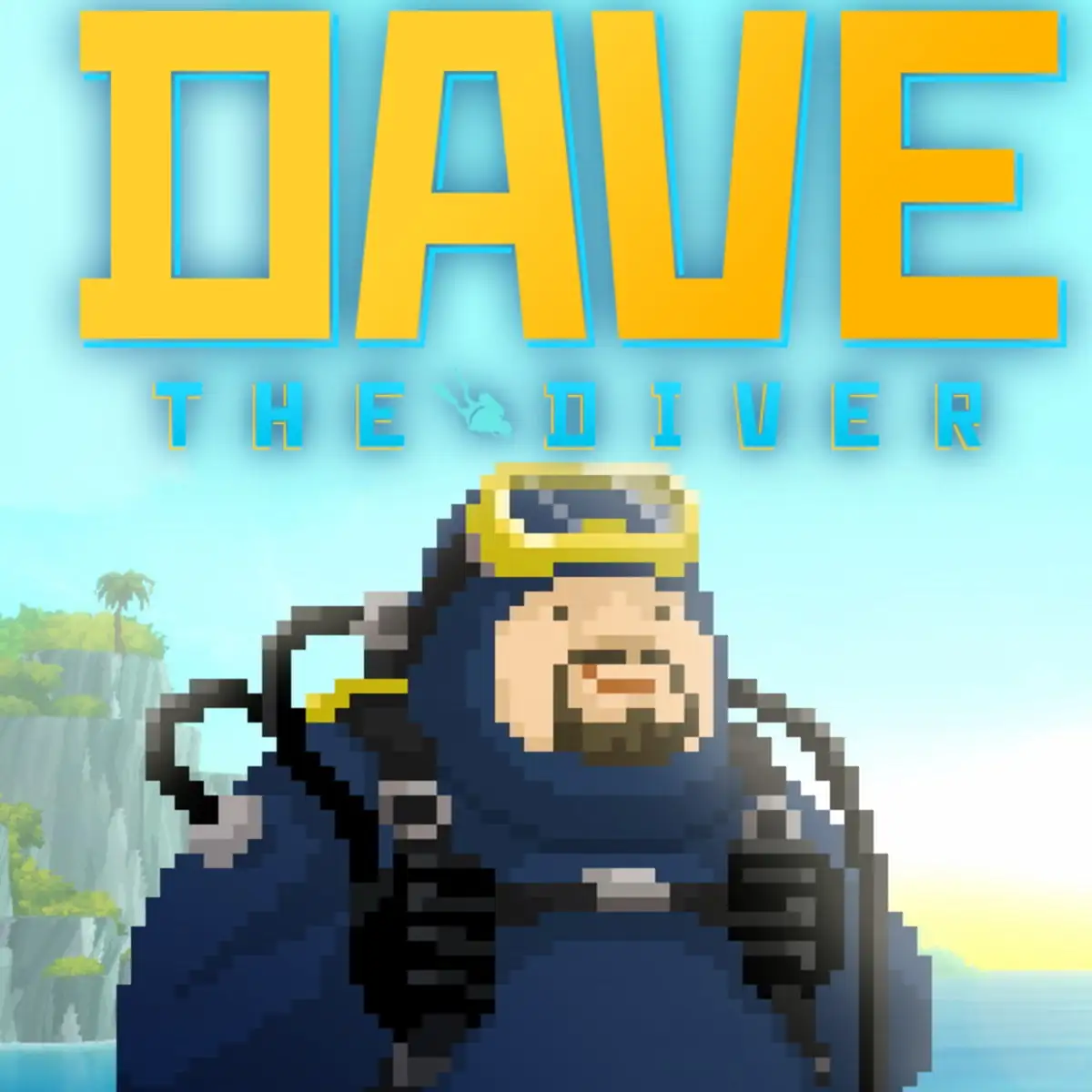


In this context, the political divide isn’t just about disagreements over policy or ideology—it’s about fundamental differences in how we value and protect the rights and dignity of all individuals, regardless of their identity or background. The challenge is not just to bridge the divide through understanding and communication but to confront and dismantle harmful beliefs and practices that have real-world consequences for marginalized groups. This isn’t just a matter of disagreement; it’s a matter of justice and human rights.
As our society progresses in understanding various issues such as climate change, mental health, social science, and LGBTQ+ rights, we must adapt and evolve our perspectives based on new information and evidence. This growth is not an attack on tradition but rather a recognition that what may have once been accepted as normal can actually be harmful to certain individuals or groups.
It is crucial for everyone, regardless of political affiliation, to acknowledge the importance of recognizing and addressing harm caused by outdated beliefs or practices. Instead of viewing these changes as a threat to tradition, we should embrace the opportunity to create a more inclusive and just society. This requires a proactive approach in advocating for the rights of all individuals and continuously reevaluating our own beliefs and actions in light of new evidence and understanding.
The political divide extends beyond policy and ideology, reflecting differing values in upholding the rights and dignity of all individuals. The task at hand involves not only fostering understanding but also actively addressing harmful beliefs and practices harming marginalized groups. This issue transcends disagreement; it’s a matter of justice and human rights.
Progressives recognize that evolving understanding is crucial, as new facts emerge that challenge past beliefs. Vegans exemplify this, acknowledging the sentience of animals and their capacity for emotions. Despite industries and individuals choosing to exploit them, knowledge and awareness must drive change for a more compassionate society.
What can I say that hasn’t already been said? 


This was just in reference to the fact that, primarily due to government regulations, Impossible Foods as a company tested on animals to get a particular “meat-tasting” ingredient approved. This has caused controversy among vegans; as many would say since animal testing was involved, vegans should automatically neglect Impossible Foods on principle, and others are looking at it through a lens where they don’t see it as a violation of vegan principles.
Me personally? I believe the issue is more nuanced overall because, in my honest opinion, I’ve seen many on the former side overlook the fact that a significant portion of this issue is related to systemic capitalist issues. Roughly 1% or less of the world is vegan, yet a significantly larger portion of the population participates in capitalism, and that, of course, includes vegans as consumers. Animal testing is undoubtedly not vegan, but the reason why I don’t split hairs with vegans who eat Impossible products is that, if taken to its logical conclusion, you could easily classify many things that most people wouldn’t as “non-vegan” simply due to the nature of the companies that produce these things and/or government regulations that went into getting them onto the market.
The nature of Impossible products’ testing is also categorically different than that of, say, a hygiene company that routinely tests on animals. It’s not as likely that consuming Impossible products would cause a demand for more animal exploitation; in fact, you could argue that it would have a similar likelihood of doing so as buying plant-based food from any other non-vegan company would because that’s just the nature of corporations—they may pull some unethical shit down the line. There are so many corporations and capitalist entities, but there are so few genuinely principled ethical vegans.
I myself have found merit in avoiding Impossible products primarily due to cost and added wariness about ethical pitfalls that came out of this conversation, but due to the fact that this matter is more rooted in a systemic problem and therefore is ultimately more gray in the way the consumer goes about it, I find that it’s honestly the last thing that vegans should gatekeep over. With all of these systemic matters in mind, I don’t see saying “Impossible burgers are not suitable for vegans.” as unequivocal as saying, “Meat, dairy, and eggs are not suitable for vegans.” Plant-based capitalism is bad because capitalism is bad, but a lot of the criticisms of plant-based capitalism I find are rooted in the abstract and symbolism rather than anything material (see what I said about plant-based KFC sandwiches).
Based on such a materialist analysis, I don’t see a reason to have an issue with vegans who consume this, but I totally agree that companies that manufacture plant-based alternatives should not get some special praise or be seen as an incredible hallmark of veganism or anything like that. Food is food. In a sense, I don’t like to see food as a part of my veganism. When I’m enjoying food, I’m enjoying food, and that food will just so happen to be plant-based because abstaining from animal-based foods was a logical derivative of me having a vegan mindset. However, vegan activism and discussions on veganism as a philosophy do not necessarily have to do with food itself but rather animal liberation instead.
Thank you for the very thorough and well thought out reply to my silly question. I don’t have much to comment on I’m afraid, apart from adding a “I agree” or “yeah, that makes sense, I understand where you’re coming from.”
I didn’t know Impossible Foods tested on animals before seeing your previous comment, so I was curious about the whole thing, and you’ve really helped inform me about this. :)